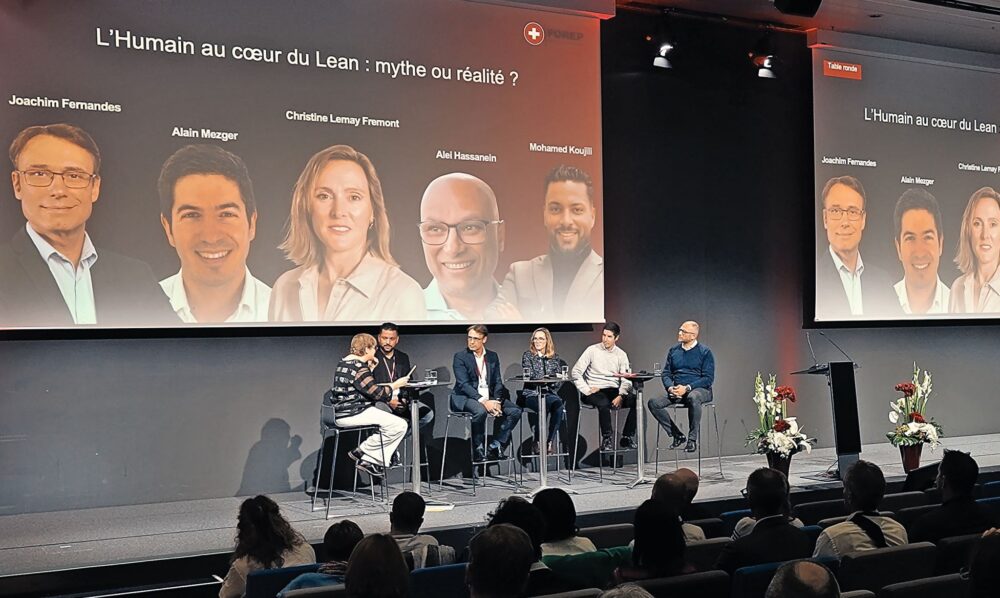"When Morality Comes Before Food."
The Swiss Ethics Award was presented on 26 April 2018 by the Swiss Excellence Forum as part of the Ethical Leadership Conference at the KKL Lucerne. The Swiss Ethics Award honours projects that set new ethical standards in the field of business.

Swiss pioneers are always among the nominees. The Swiss Excellence Forum is behind the award. The network supports managers and organisations in achieving their corporate goals and promotes ethical behaviour in business.
The four nominees this year included Ikea, Chocolats Halba with Coop, the Cli-nica Luganese Moncucco and Swisscom. After Weleda AG, Coop & Chocolat Halba, Swiss organic chocolate producers, won the prestigious award with their joint project "sustainable chocolate from Ecuador". The chocolate producers have already been nominated for the award once before. Coop & Chocolats Halba have now received the Swiss Ethics Award for their sustainable work with Ecuadorian cocoa farmers.
Sustainable chocolate
In many regions, intact ecosystems fall victim to cocoa cultivation: rainforests are cleared, water bodies are polluted, soil erosion increases and biodiversity is severely impaired. In Ecuador, cocoa monocultures are increasingly displacing the traditional Nacional Arriba fine flavoured cocoa. The one-sided cultivation only leads to higher yields in the short term.
Monocultures promise better yields, but their susceptibility to diseases and pests requires the use of huge amounts of pesticides. The plants are weakened and yields are reduced. The consequences are lower harvests for smallholders and correspondingly higher expenditure on fertilisers and pesticides.
A vicious circle. - Young people in particular see hardly any prospects in cocoa farming. This is where the Coop & Chocolats Halba project comes in. The project aims at sustainable cocoa production and thus addresses a whole series of profound problems. Poverty, small areas under cultivation, low market prices, poor infrastructure and a lack of knowledge are all problems for small farmers. Child labour, illiteracy, malnutrition and gender inequality are a consequence of this.
The criteria of the jury
An external jury of seven representatives from business, science, theology and politics evaluates the projects. "When judging, we not only considered the projects, but also the company as a whole," says jury member Markus Huppenbauer, researcher and managing director of the Faculty of Theology at the University of Zurich ZRWP.
It was important for the jury to see that organisations are also committed to ethical corporate governance outside of specific projects.
Huppenbauer: "Whereas in the past, when it came to ethics, companies simply had to comply with what the law stipulated, today more is required of them. To be considered a sustainable organization, companies should go beyond the legal guidelines and show extra effort."
"We consider the enterprise as a whole."
Even if it's about chocolate, in the case of the winning project "morals come first and then the food", the jurors explain their decision, twisting Bertold Brecht's words in their mouths. Sustainable chocolate from Ecuador "pursues economic, ecological and social goals, including raising the standard of living of young farmers.
The project of Coop and Chocolat Halba, founded in 1933, is based on the "Train the Trainer" principle. Cocoa farmers (especially young people and women) are trained in the methods of dynamic agroforestry.









